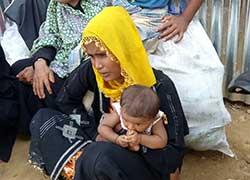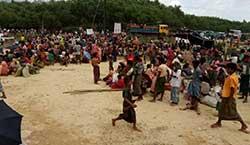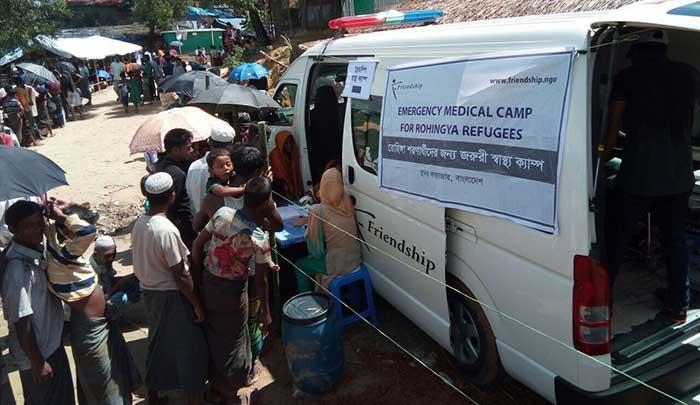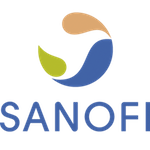Support for First-Line Aid to Rohingya Refugees in Bangladesh
The Rohingya, a stateless Muslim minority in Myanmar, are a victim of violent repression by the Burmese army. On October 24, 2017, the UN estimated that 604,000 Rohingya refugees have fled to Bangladesh since August 25, 2017, or about 16,000 new arrivals every day. The vast majority of these refugees are women and children, including newborns, often fleeing the deadly violence in Rakhine State in Myanmar.
The two existing refugee cmaps in Kutupalong and Nayapara, created in the 1990s in Bangladesh, had already received more than 33,000 Rohingya refugees before this new influx. It is estimated that the camp population has exploded to reach around 77,000 refugees, far more than the planned capacity, and many new arrivals have been taken by families of refugees or lodged in camp schools, community centers and other roofed structures. There are majority health needs among these displaced populations and humanitarian action is being gradually organized to meet primary needs.
As part of its response to humanitarian emergencies, Sanofi Espoir Foundation has chosen to support two complementary actions: a project supported by the Medical Teams association team inside the camps and a project sponsore dby the Friendship association in the most remote areas to reach the neediest communities.
Friendship:
Friendship is a local association that is working on a 6-month project to cover the urgent medical needs of refugees. It prioritizes aid for women and children who do not have access to refugee camps. For this they will set up four clinics, two mobile units, and two birth centers for 100,000 refugees.
Medical Teams:
Medical Teams is an American NGO running a project aimed at reducing infectious diseases and facilitating access to care in the refugee camps at Unchiprang and Kutupalong. The association’s main activities will benefit 33,000 Unchiprang and 77,000 Kutupalong people by focusing on:
- Access to primary care
- Training local communities to prevent diarrhea and acute respiratory infections
- Controlling cases of acute diarrhea
- Improving the sorting system to facilitate the management of urgent cases
- Find out more about Medical Teams
In addition to the financial support from Sanofi Espoir Foundation, Sanofi Pasteur has provided 900,000 oral doses of cholera vaccine to the ICG (International Coordinating Group) which were distributed to the main medical humanitarian organizations.




